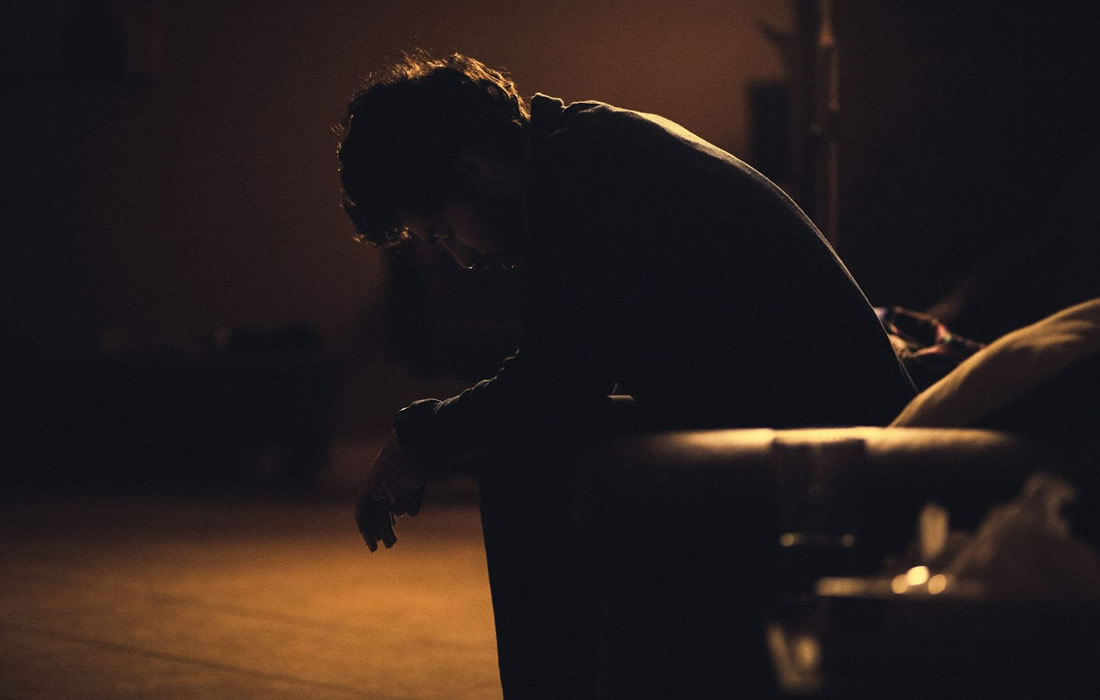Lifestyle
Short Sleep Could Be Associated with Depression
Historically, poor sleep has been seen as a side effect of mental ill health, but this study found that the link between sleep and mental illness is more complex.
The study analyzed data from people with an average age of 65 and found short sleep was associated with the onset of depressive symptoms.
For the study, the researchers used genetic and health data from 7,146 people recruited by the English Longitudinal Study of Ageing (ELSA), a nationally representative population study in England.
They found that people with a stronger genetic predisposition to short sleep (less than five hours in a given night) were more likely to develop depressive symptoms over 4-12 years, but that people with a greater genetic predisposition to depression did not have an increased likelihood of short sleep.
Senior author Dr Olesya Ajnakina said: “Short and long sleep durations, along with depression, are major contributors to public health burden that are highly heritable. Polygenic scores, indices of an individual’s genetic propensity for a trait, are thought to be key in beginning to understand the nature of sleep duration and depressive symptoms.”
The researchers assessed the strength of genetic predisposition among the ELSA participants using findings from previous genome-wide association studies that have identified thousands of genetic variants linked to a higher likelihood of developing depression and short or long sleep.
As part of a number of separate analyses to investigate the robustness of their results, the research team also looked at non-genetic associations between depressive symptoms and sleep duration.
They found that people sleeping five hours or less were 2.5 times more likely to develop depressive symptoms, while people with depressive symptoms were a third more likely to suffer from short sleep. They adjusted for a rich selection of factors that could affect the results such as education, wealth, smoking status, physical activity and limiting longstanding illness.
The researchers also found a link between sleeping long and developing depressive symptoms, with participants sleeping longer than nine hours being 1.5 times more likely to develop depressive symptoms than those who sleep an average of seven hours. However, depressive symptoms were not associated with sleeping longer four to 12 years later, which corresponded to the genetic findings.
Professor Andrew Steptoe (Head of Behavioural Science and Health, UCL Institute of Epidemiology & Health Care) said: “Suboptimal sleep and depression increase with age, and with the worldwide phenomenon of population ageing there is a growing need to better understand the mechanism connecting depression and a lack of sleep. This study lays important groundwork for future investigations on the intersection of genetics, sleep, and depressive symptoms.”
Sources:
Odessa S. Hamilton, Andrew Steptoe, Olesya Ajnakina. Polygenic predisposition, sleep duration, and depression: evidence from a prospective population-based cohort. Translational Psychiatry, 2023; 13 (1) DOI: 10.1038/s41398-023-02622-z
University College London. “Consistent lack of sleep is related to future depressive symptoms.” ScienceDaily. ScienceDaily, 20 October 2023. <www.sciencedaily.com/releases/2023/10/231020105622.htm>.
Materials provided by University College London. Note: Content may be edited for style and length.
Images from:
Photo by Gadiel Lazcano
https://unsplash.com/photos/man-in-black-shirt-sitting-on-chair-ulPAVuxITEw

